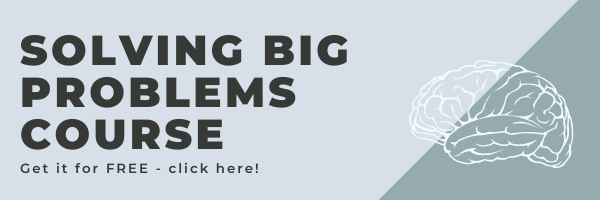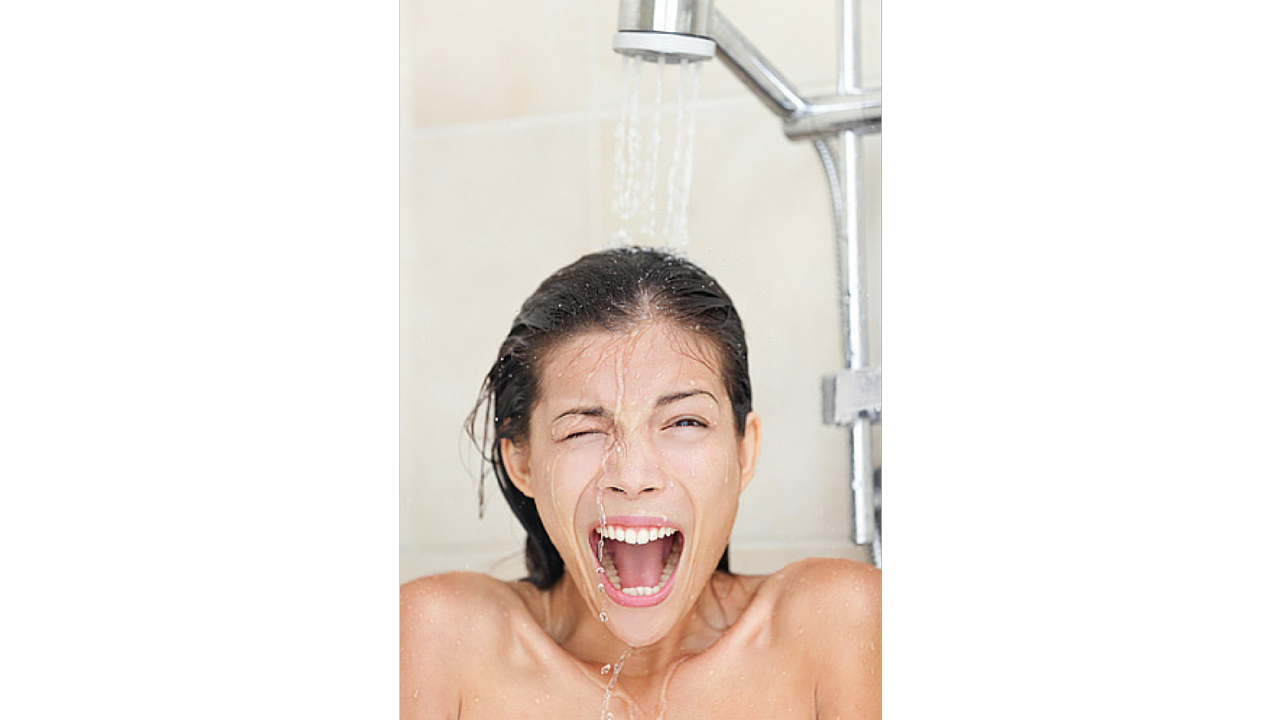Ways to Neutralize or Gain Energy for Adults
We have been discussing the autonomic nervous system (ANS) over the last few weeks, but it doesn’t hurt to have a bit of a background on how it all operates.
Stay with me, here!
To kick us off, our bodies have millions of neurons responsible for operating our machinery. The neurons excite or inhibit, give a green light or the red light, they hit the gas or the brake pedal. The nervous system (NS) has two parts, Central NS and the Peripheral NS. The former comprises the brain, and the latter has the Autonomic NS and the Somatic NS.
We have talked about the Sympathetic (SNS) and the Parasympathetic (PNS) nervous systems, their functions, and how to activate or neutralize them in kiddos. Today, we’ll see how to do the same in adults.
Ready?
Are you feeling like you’re a little bit out of control? Like you have no idea of what to do to calm down? I promise this isn’t a therapy session. These feelings have happened to the best of us, at one time or another. Look around you. We live in a world that celebrates excitement, high-stress work-life, aggressiveness, adrenaline rush; basically, everything fueled by the SNS.
In other words, we are in a chronic state of SNS activation, forgetting that the PNS is fundamental to our well-being. If the SNS is surgically removed, you’ll still be alive and pretty much yourself – only that you can’t cope well with traffic, adrenaline rushes at stadiums, or have an orgasm. However, if the PNS was surgically disconnected, rooting for your home team would be the least of your worries because you’d quickly die since PNS is responsible for involuntary body functions.
Both parts of our nervous system are important. We should pay conscious attention to both to bring the body pendulum back to the center. How can we neutralize the SNS? Keep reading and learn how to gain energy when we don’t need the ultimate PNS relaxation effects.
How to Neutralize Energy for Adults
Take slow, rhythmic, deep breaths (THROUGH YOUR NOSE).
Take a cold shower or splash cold water on your face.
This is known to activate the dive reflex that stimulates the Vagus nerve – the longest nerve in the body associated with respiration, heart rate, and digestion.
(We wrote about the Polyvagal Theory- it’s so interesting!)
Take a walk in nature.
Practice mindfulness.
Incorporate meditation, tai chi, chi kung, or yoga into your daily routine. Don’t shy away from taking a stress management class.
Hum or make an “om” sound.
Your vocal cords will be stimulated, facilitating slow but long exhalations and...the vagus nerve is activated this way!
Have a full belly laugh.
You know how it’s said that laughter is the best medicine, so laugh out loud.
Pay attention to prosody, which is the rhythm, stress, and intonation of speech.
Speak slowly, melodically, or rhythmically like you’re soothing a baby.
Pray and also exercise gratitude.
Have positive social relationships.
Get rid of negative people and thoughts in your life. If you have to disconnect from social media, do it. If you want to unfollow (or snooze) people, go ahead. Anything that negatively impacts your journey to positive vibes and mindset should be dealt with appropriately.
Include probiotics like kombucha, yogurt, pickles, miso, and many more in your diet. They help cultivate healthy intestinal bacteria.
Have a gentle massage around the carotid sinus at the sides of your neck to help you relax.
How to Gain Energy for Adults
Don’t rush to get the branded “energy boosters”. There is little to no scientific evidence they work. However, there are foods and activities that have been evidenced to boost your energy levels naturally.
Food examples include: eggs, apples, goji berries, Yerba maté, yogurt, avocado, medicinal mushrooms, and peppermint.
Activities to boost energy include downward dog pose, fresh air, music, natural light, quick breaths.
Exercise.
Your cells burn more energy during exercise, and it’s released to circulate around your body. The brain also releases dopamine that keeps you in high spirits.
Go for brisk walks.
I guarantee you’ll feel so good and sleep more soundly.
Avoid smoking.
It’s already harmful to your health, but it also siphons away your energy levels by causing insomnia.
Sleep well.
If you’re spending hours in bed but you’re not sleeping, that’s not a restful sleep. Don’t sleep during the day, don't go to bed late, and aim for at least 7.5 hours of sleep. If you only sleep for 4-5 hours, gradually add 30 minutes daily until you’re well-rested.
Practice healthy eating.
Opt for foods with a low glycemic index so sugars are absorbed slowly throughout your day. These include whole grains, nuts, high-fiber vegetables, and healthy oils. For a great start, try this breakfast plan,
Drink water.
I am talking about the good old H2O, not some pricey sports drink. When your body is dehydrated, fatigue is one of the signs.
Limit your alcohol intake, especially when you have things to do.
Alcohol has a way of inducing a sedative effect on our bodies. So, it’s wise to indulge when you don’t mind winding down.
The truth is, we all try to balance our constant state of SNS activation with the occasional off days or vacation breaks. However, this “binge and purge” approach to balancing the ANS won’t work. We have accumulated chronic stress that can’t be undone even with intermittent respites in Tahiti.
We can all incorporate the activities above to live a balanced life which is an essential bedrock of existence. Most of all, have fun! Try some of the suggestions above and let me know how it affects your energy level. And if you need help or support, you know where to find me.
Questions? Need help? Reach out!
Email: hello@thebehaviorhub.com
Social media: @thebehaviorhub
Online school
Schedule a discovery call










